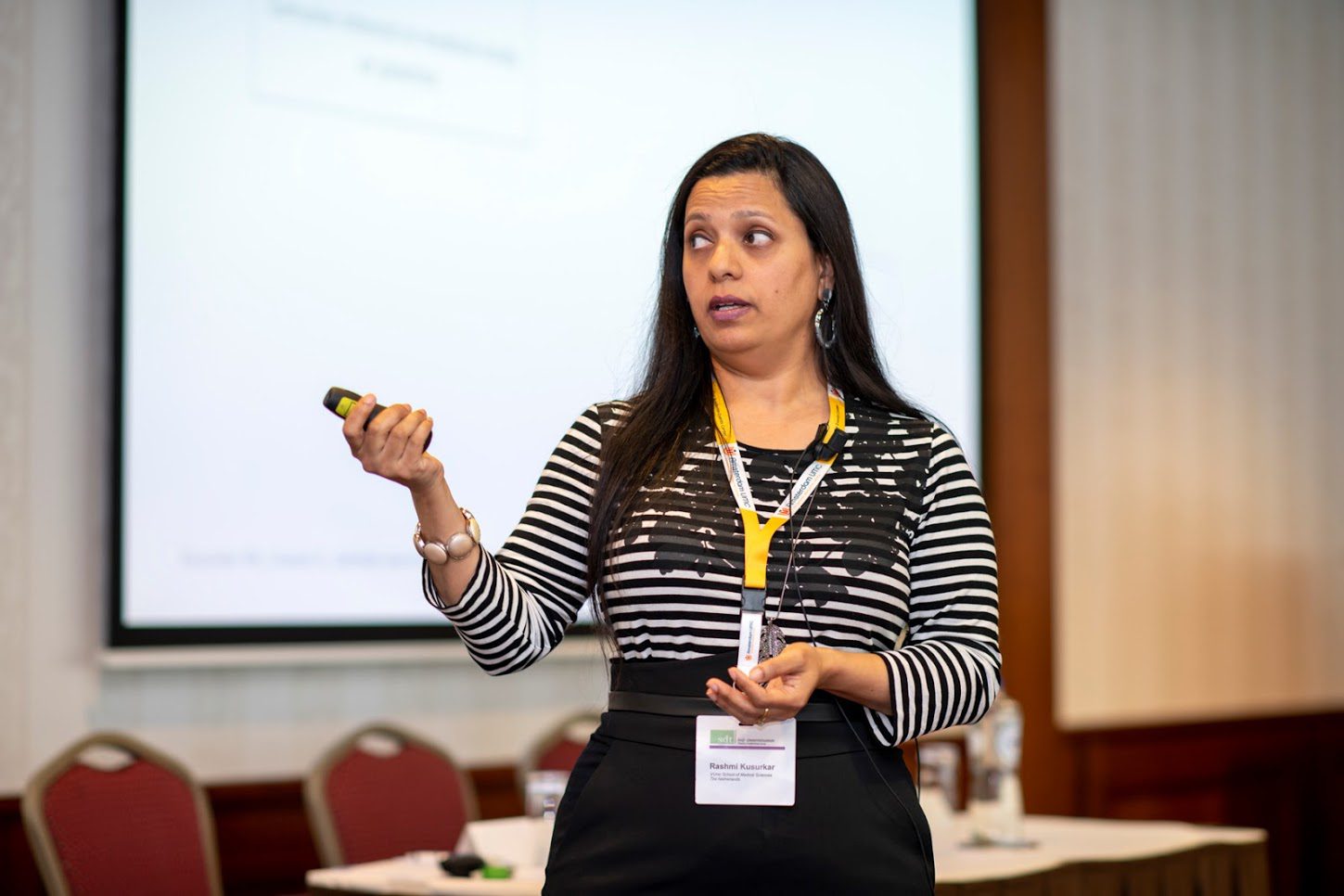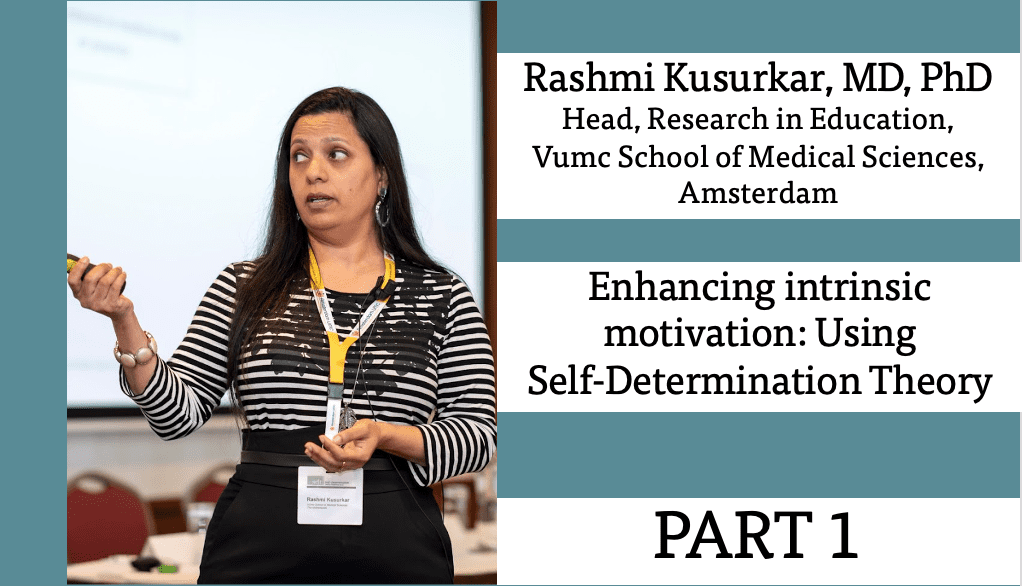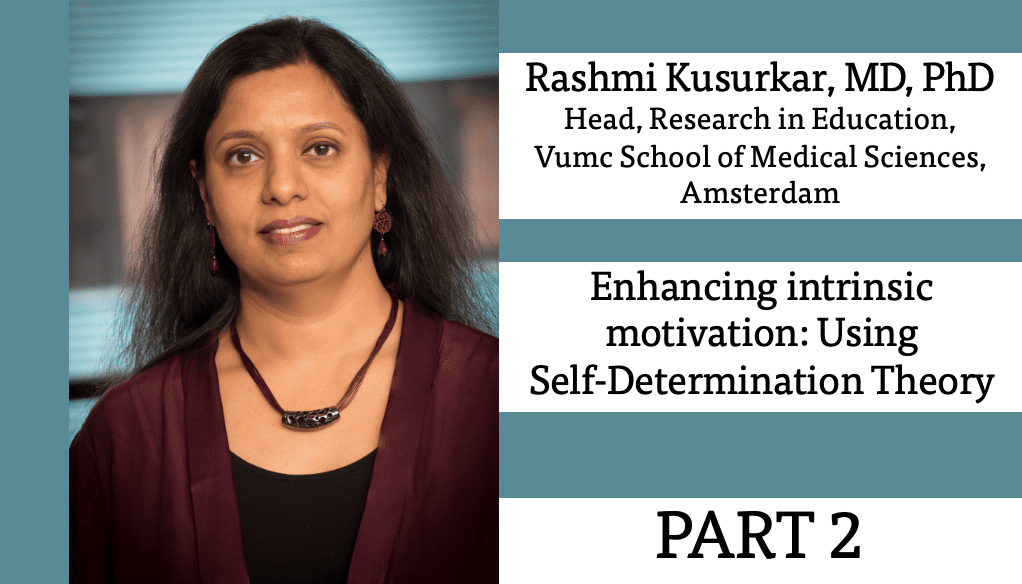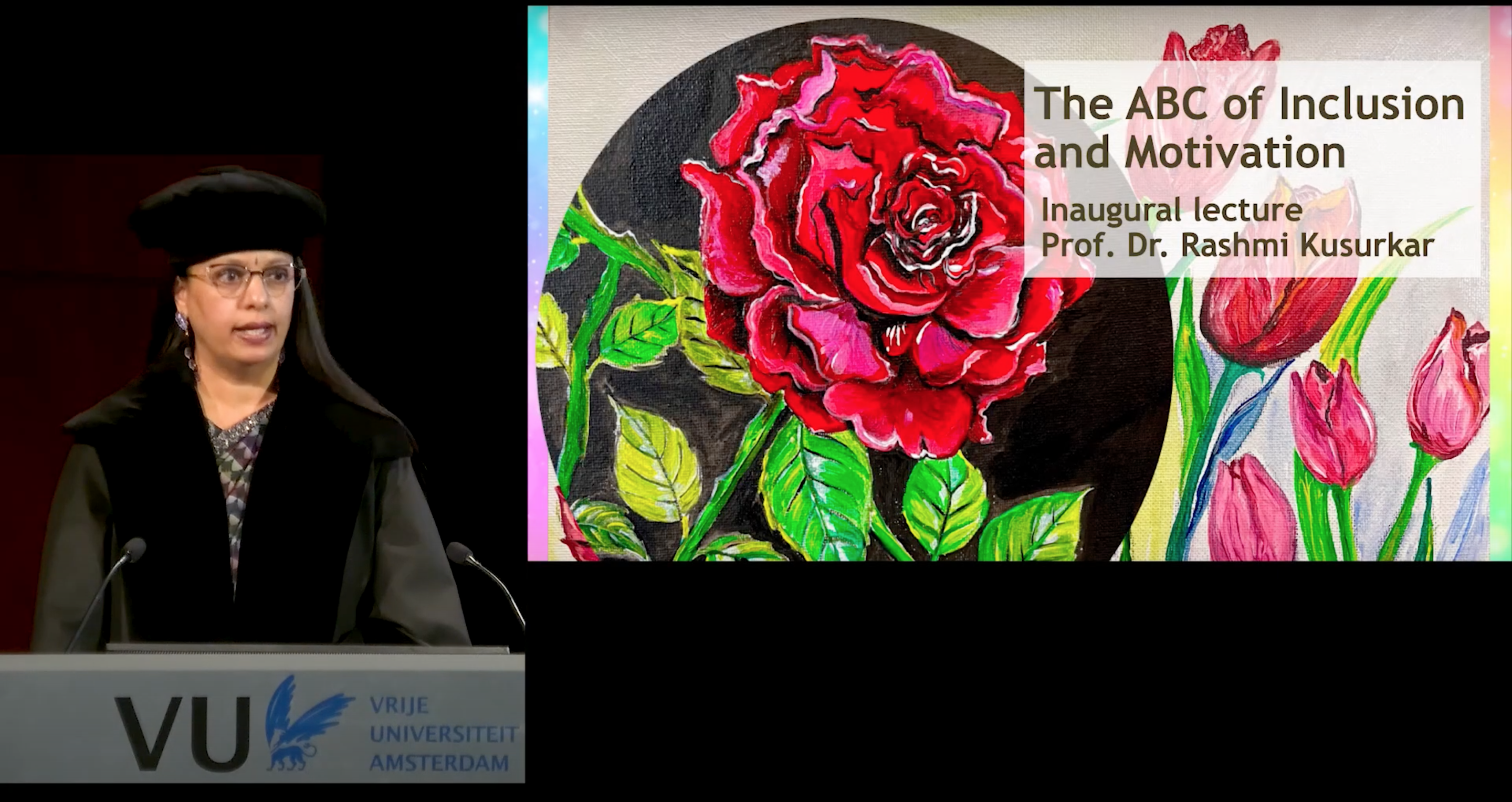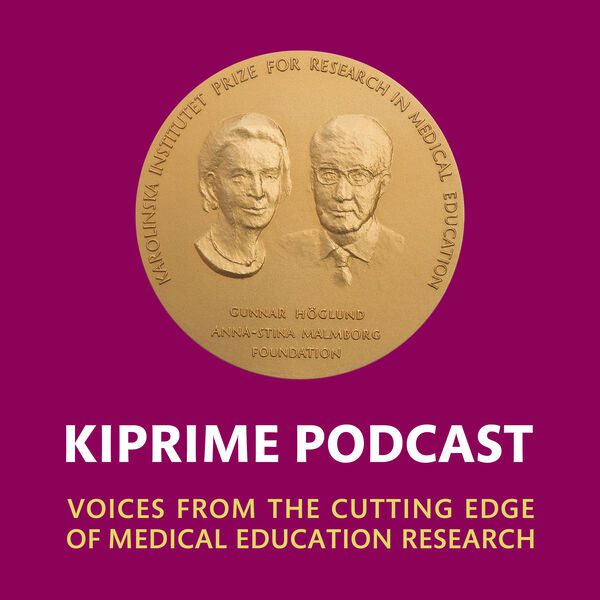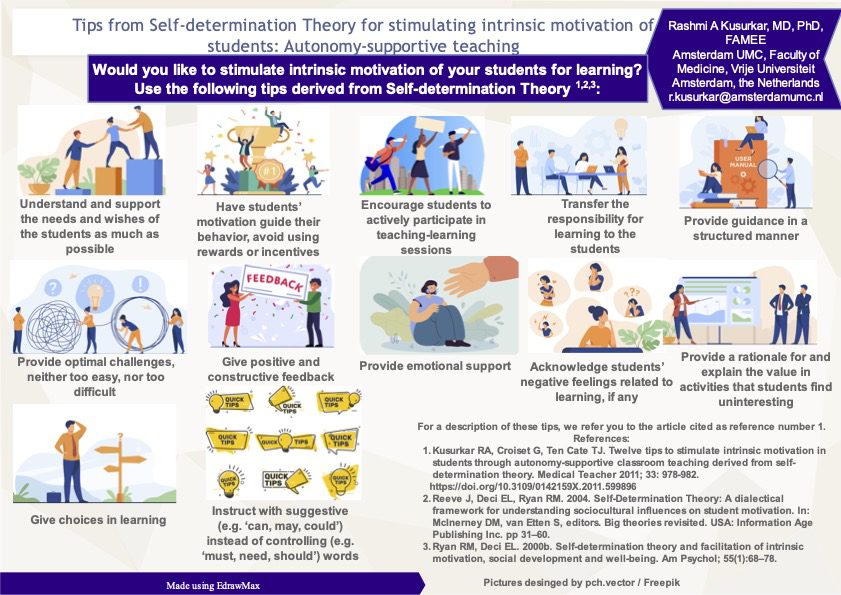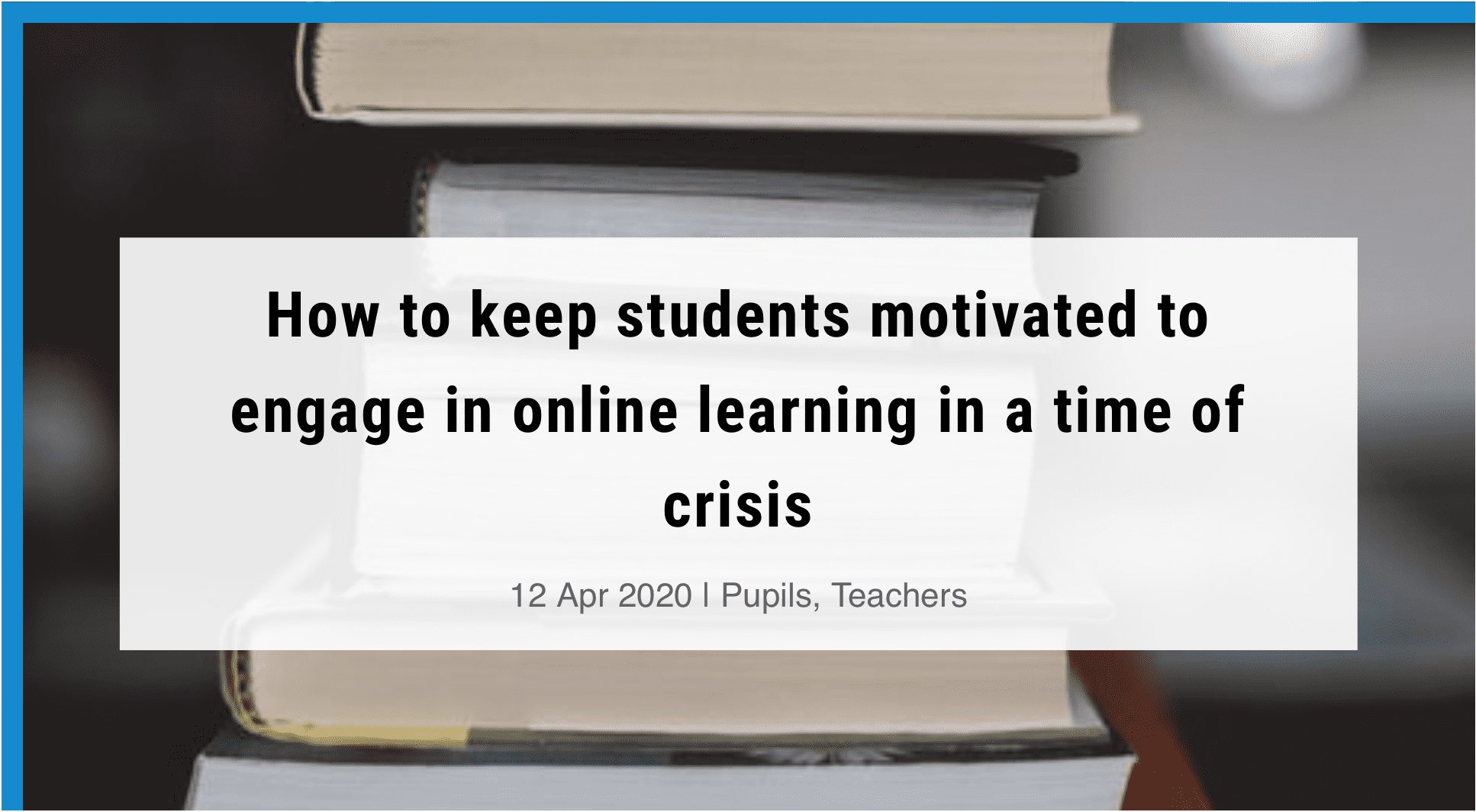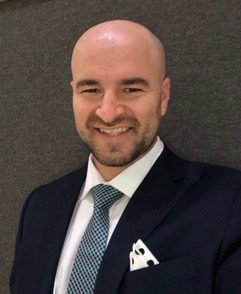The first review of the medical education literature exploring motivation research appeared in 2011, and in this review motivation was found to be an independent as well as a dependent variable in medical education. (Kusurkar et al. 2011) Motivation was influenced by factors that could not be manipulated like age and gender, and by factors that could be manipulated like autonomy, support and relatedness, the basic psychological needs described by SDT. Motivation was found to influence outcomes like academic success and performance, learning and study behaviour, choice of medicine as a career, specialty choice and intention to continue medical studies. Following this, a literature review of the major curricular reforms in medical education brought to light that motivation was not given any consideration while designing medical curricula. (Kusurkar et al. 2012) Since then empirical papers reporting evidence for the association of autonomous motivation with deep learning, academic performance and student well-being in medical and dental education have appeared as have papers exploring the role of basic psychological needs in motivation and well-being. (Orsini et al. 2016) Research using the SDT framework has spanned topics like medical admissions and selection processes, motivation of ethnic minority students, motivation of medical specialists and pharmacists, autonomy supportive practices in medical and dental education and practice, motivation of physicians for teaching, motivation of students for interprofessional education and autonomy-supportive health professional-patient consultations.
More and more teachers and education coordinators in HPE are paying attention to practicing and encouraging autonomy-supportive teaching practices with a view to stimulate autonomous motivation of students. Although this movement has begun, we still have a long way to go organize education in such a way that every student has the possibility to grow and achieve at his full potential.

